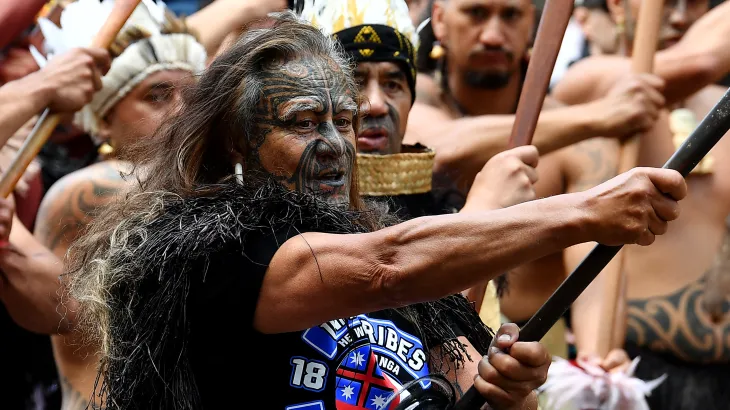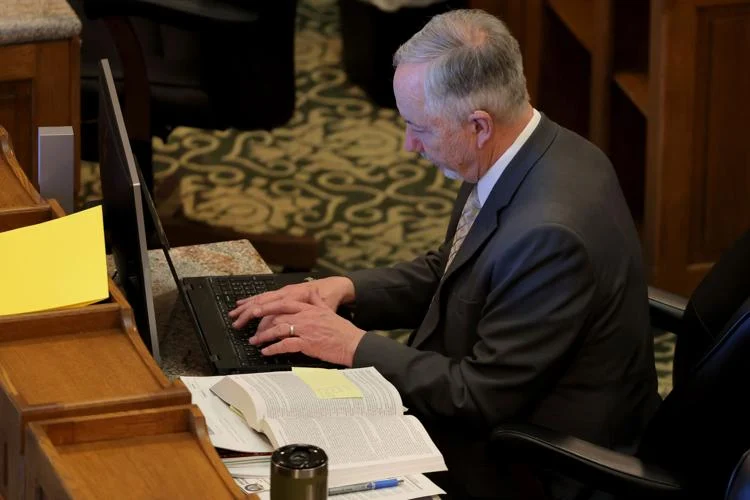Why Massive Protest Erupted Over Proposed Alterations to New Zealand’s Founding Treaty?

On Tuesday, a historic protest drew 42,000 demonstrators to the New Zealand Parliament in Wellington, opposing a bill that seeks to reinterpret the country’s Treaty of Waitangi, Al Jazeera reports.
The Treaty of Waitangi, signed in 1840 between British colonizers and Indigenous Maori people, is the founding document of New Zealand. A nine-day-long hikoi, or peaceful Maori march, culminated in the protest.
Controversial Treaty Principles Bill
The Treaty Principles Bill, introduced on November 14, aims to set specific definitions for the treaty’s principles. However, critics argue that it will erode Maori rights and effectively render them equal under the law with non-Maori New Zealanders.
Opponents believe the bill misinterprets the treaty’s original intent, which guaranteed the Maori people self-determination. The bill has been met with strong opposition from both left and right political parties, as well as the Waitangi Tribunal, which adjudicated treaty disputes.
Historical Context and Maori Identity
The Maori, who inhabited New Zealand for centuries before colonization, faced mass killings, land grabs, and cultural suppression after 1840. They currently constitute around 19% of the country’s population and are represented by the Te Pati Maori party.
Protests and Coalition Government
The protest is a culmination of grievances against the conservative coalition government, which took office in November 2023. The government’s policies have been seen as targeting Maori rights, including abolishing the Maori Health Authority and removing a law that gave them a say in environmental matters.
Despite the bill’s likely failure, protestors argue that the mere act of tabling it has ignited social division in New Zealand. Former conservative Prime Minister Jenny Shipley condemned the bill, stating that it was sowing division in the country.








